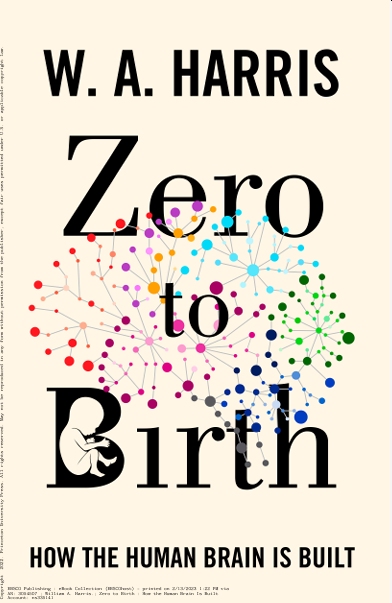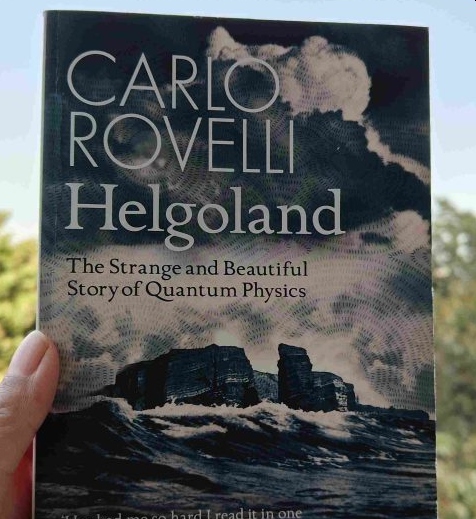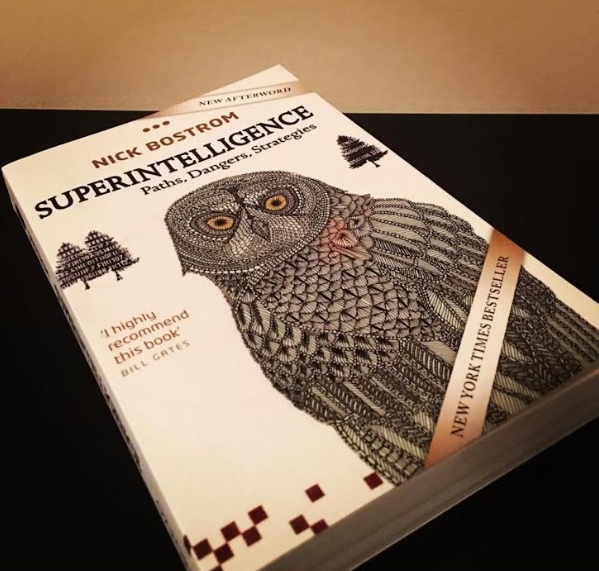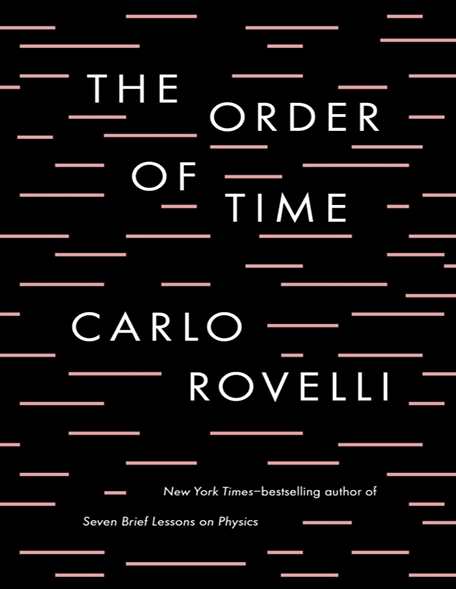
I picked up The Order of Time because I figured, a 158-page book might talk about time in terms of cause and effect, the default way we tend to understand it. You know, things happen, one after another, and we measure that with clocks.
But nope. Rovelli has something else in mind.
This is my second book from him, the first was Helgoland (I wrote about it here) so I should’ve known better. He doesn’t just challenge our assumptions; he makes one question whether those assumptions were ever solid to begin with.
What he offers instead is a version of time that’s slippery, fragmented, and maybe not even real in the way we usually think. It’s a weirdly comforting kind of disorientation, and somehow, he makes it feel more like storytelling than science.
Rovelli is a theoretical physicist, but don’t let that scare you off. His writing feels more like a late-night walk with someone who’s way smarter than you but never makes you feel stupid. There are no dry lectures, no equations, no thought experiments, in fact, just questions, stories, and some wild truths about how time actually works.
Time Doesn’t Flow the Way We Think It Does
For starters, time feels so concrete. Alarms go off, meetings start, birthdays come and go. But Rovelli reminds us: what feels universal is actually personal. Your clock and mine – are do not tick at the same time, I mean, literally!
And the universe? It’s not keeping time for either of us.
According to Einstein’s relativity (which Rovelli explains without turning it into a brain-melter), time moves differently depending on where you are and how fast you’re going. Time actually runs faster in the mountains than at sea level. GPS satellites have to account for this or your directions would be way off. So already, that whole “one global timeline” idea is out the window.
There is No Master Timeline
He also dismantles the idea that there’s a single “now” that everyone is experiencing. There isn’t. Depending on how you’re moving or where you’re sitting in a gravity field, your “now” could be someone else’s past or future. It sounds like science fiction, but it’s just… science.
There’s a beautiful example where Rovelli compares two people, Gorgo and Leonidas, trying to agree on whether they’re in the same generation. Turns out even that question doesn’t make sense without a universal present, which also doesn’t exist.
Every observer slices up time a little differently. There’s no master timeline we can all point to.
Time Has No Arrow, Until We Look at It
One of the most fascinating parts for me was his take on entropy, the idea that disorder increases over time, like how your bedroom naturally gets messier unless you put effort into cleaning it.
That messy trend? It’s basically the only reason time seems to move from past to future. The laws of physics don’t actually prefer one direction over the other. It’s just that, statistically, things tend toward disorder. We feel the passage of time because of this, but the universe at a microscopic level doesn’t care.
Rovelli calls time a side-effect of our own ignorance. Our view of the world is fuzzy and incomplete and that fuzziness is what makes time feel like it’s flowing.
Events, Not Things
At some point, Rovelli casually says that the universe isn’t made of “things”, but of “events”. That threw me. You, me, a tree, a thunderstorm, we’re not objects persisting through time. We’re processes. Like little stories playing out. That’s not just philosophy, it’s how quantum physics sees the world.
He even says grammar is part of the problem. Our language is built around time, so we can’t talk about reality without constantly implying a before and after. But at the deepest level, physics doesn’t need time at all. It works just fine without it.
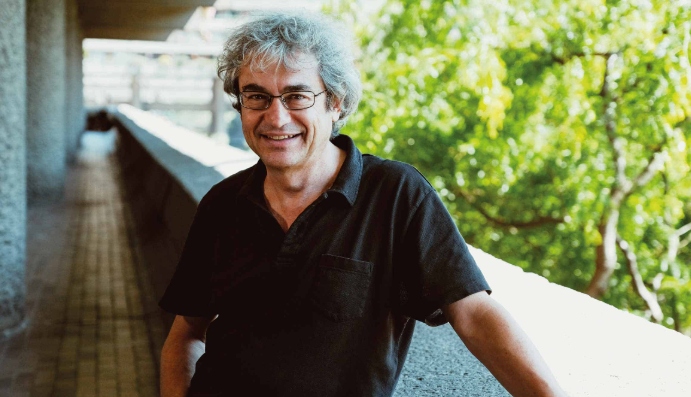
So What’s Left?
If there’s no universal now, no consistent clock, and no arrow of time baked into the laws of the universe, then why do we experience life the way we do?
That’s where the book gets really personal.
Rovelli brings in memory, perspective, even literature, like Proust’s madeleine moment to explain that our sense of time might be less about physics and more about us. We are time, he says our memories, our histories, our hopes. They stitch us together.
There’s a part near the end that hit me hard: he writes that time is a “clearing opened by the traces of memory inside our neurons”. I don’t know about you, but that sentence stuck.
In other words, the past doesn’t just sit somewhere “out there”, it is actively brought to life through our recollections, which are stored and processed in our brains.
Would I Recommend this Book?
Yeah, absolutely, if you’re into science, sure, but even more so if you’re the kind of person who likes wondering about things just for the sake of it. You don’t need a physics degree. You just need a little curiosity and the willingness to let go of some comfortable assumptions.
Just be ready this book doesn’t give you answers so much as better questions. And that might be the best part. By the way, huge shout-out to tarbaweya, for providing the pdf version.

